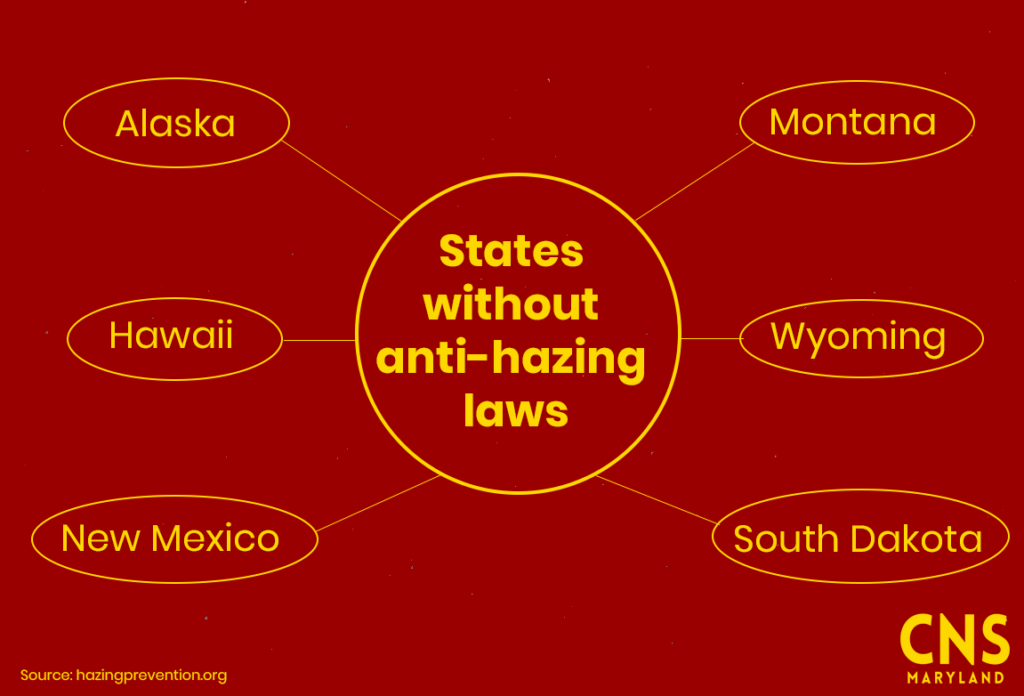COLLEGE PARK, Maryland — Pennsylvania State Senate Majority Leader Jake Corman, along with the parents of Timothy Piazza, a student at Pennsylvania State University who died due to a hazing incident in February 2017, recently presented a new anti-hazing law called the Timothy J. Piazza Antihazing Law. Corman called this law one of the “largest and most comprehensive” rewrites of the current hazing law in Pennsylvania. The Senate Judiciary Committee of Pennsylvania unanimously approved the law in late March.
Today I was honored to stand beside Jim and Evelyn Piazza as we introduced the Timothy J. Piazza Antihazing Law – a comprehensive bill designed to #stophazinghttps://t.co/DDeuPP8fGi
— Senator Jake Corman (@JakeCorman) March 23, 2018
In Pennsylvania, the current anti-hazing law only allows prosecutors to charge misdemeanors with low consequences. This new law would create tiers of hazing offenses such as third-degree misdemeanors and third-degree felonies.
The new law also defines organizational and institutional hazing, which would place punishments on organizations, like fraternities or sororities, and institutions like colleges and universities, when appropriate.
A safe-harbor provision would also be put in place, which protects the person who makes an emergency call to help the victim from hazing charges.
Eric Barron, the president of Penn State along with other university leaders, approve of the legislation.
Penn State leadership advocates for new Pennsylvania antihazing legislation https://t.co/rvHtv8Q981
— Penn State (@penn_state) March 23, 2018
The state of antihazing laws in Maryland
The current hazing law in Maryland carries a misdemeanor charge of imprisonment of up to six months and/or a fine of up to $500 for individual participants.
Additionally, individual universities in Maryland have policies regarding hazing, but some do not disclose the consequences of hazing in student conduct documents.
According to the University of Maryland’s hazing policies, hazing can result in suspension or expulsion of individuals from the university, or denial of recognition or registration of an organization.
Loyola University Maryland, in Baltimore, has a similar policy regarding hazing, citing suspension as the punishment in their community standards handbook.
Towson University, in Towson, and Johns Hopkins University, in Baltimore, outline what constitutes hazing in their student conduct documents, but lack specified punishments.
Currently, there are six states without statewide anti-hazing laws. However, some universities in these states have outlined consequences for hazing in student conduct documents.


You must be logged in to post a comment.